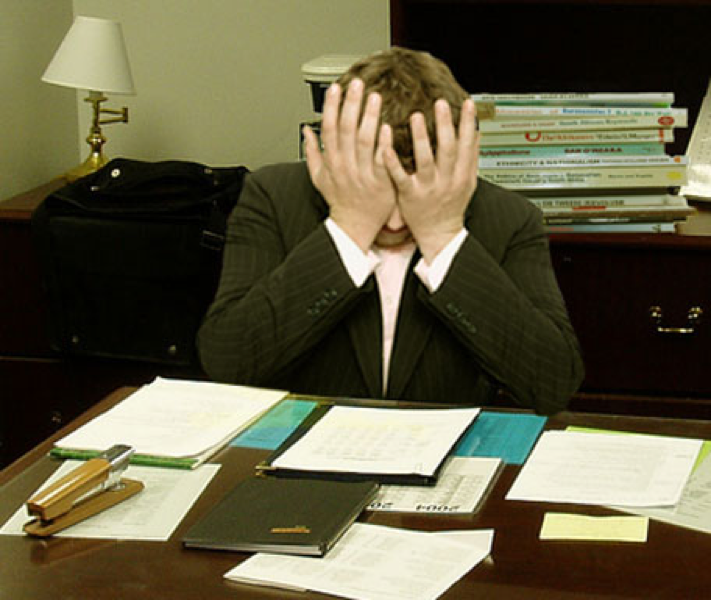No reasonable employer expects their workers to be available every day of the year. Sure, you may get the occasional worker who is at work every single day they’re scheduled to be in. But those workers are definitely anomalies. Most workers will have to take a few days off every year.
Are these absences always unpreventable, though? Here are some of the reasons that workplace absence takes place – and what you can do to help prevent them in some way.
Because you’re the boss and you can do what you like
So the first thing I’m going to do here is turn my attention towards employers and executives. You may not have been expecting that, but hey. The fact is that people higher up in the hierarchy are often found taking days off just because… Well, just because they can! No-one will question them and they’ll usually be paid anyway.
I don’t want to suggest that all executives who call in sick are only doing it so they can go play golf. But you should recognize that this sort of absence will ultimately hurt your bottom line. If you know it’s going on, put a stop to it. If it’s you who’s doing the work-skipping, then, y’know… stop doing that.
Illness
The most common cause of workplace absence is illness. This shouldn’t come as a surprise to you. In fact, an ill person being away from your office should be seen as a good thing for you! Of course, statistics will probably be a little skewed in this area. You probably already know why this would be. It’s because the vast majority of absences for other reasons are listed as “sick leave”. (And yes, I am referring to the dark art of pretending to be ill so you can get a day off.)
In any case, illness in the workplace is a real problem that you should deal with as best as you can. It may seem like something you can’t control. After all, employees are just going to get ill, right? Well, they spend most of their day in your office. Perhaps the cause of illness can actually be found there? You should look into increasing hygiene at the workplace. Working with reliable commercial cleaning businesses is a step in the right direction.
Stress and depression
Burnout. Low morale. High stress. Even depression. If an employee has been working incredibly hard in stressful conditions for a long time? Then they will, eventually, “burn out”. They’ll wake up one day, still exhausted, and not be able to face going in.
Some people would argue that this is part and parcel of the average job experience. This isn’t only a cold way of looking at things – it’s the wrong way. Employers should be doing everything they can to reduce employee stress. Having high degrees of it will see workers go absent purely because they can’t face going in. In fact, all that stress may have made them genuinely ill. Taking to steps to improve general satisfaction in your office will go a long way towards getting rid of such a problem.



 Pixabay
Pixabay Pixabay
Pixabay woWikipedia
woWikipedia

